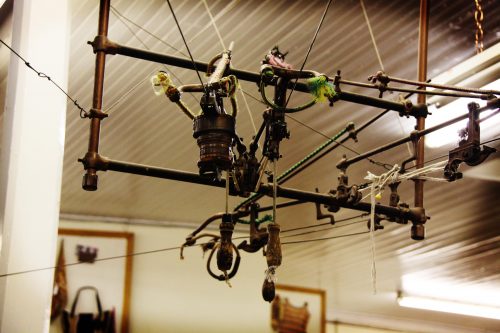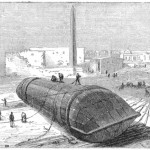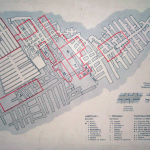“Domes are the strongest form in nature and easily support enormous forces. They create the most floor space for a given length of wall. There are no wasted corners. The feeling inside is magical. Those who live in domes (and roundhouses) most likely never live in boxes again. Wind flows around domes and does not build up pressure against them.”
“You can build domes without wood. You can build domes with minimal tools and materials – no nails, no wood, no plywood, no shingles. This makes domes a good candidate for those who lack carpentry skills and for emergency shelters for disaster areas and war refugees. Give people some rice or grain bags and a little training, and soon they can build their own sturdy, safe shelters.”






